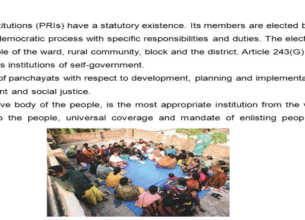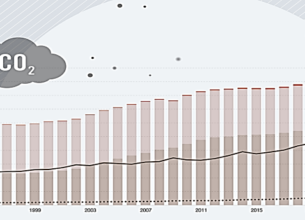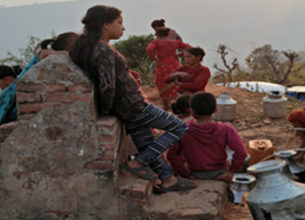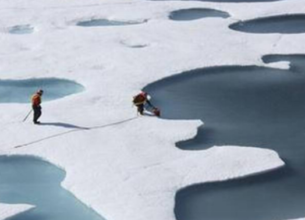FUTURE OF EARTH 2020
19, Feb 2020
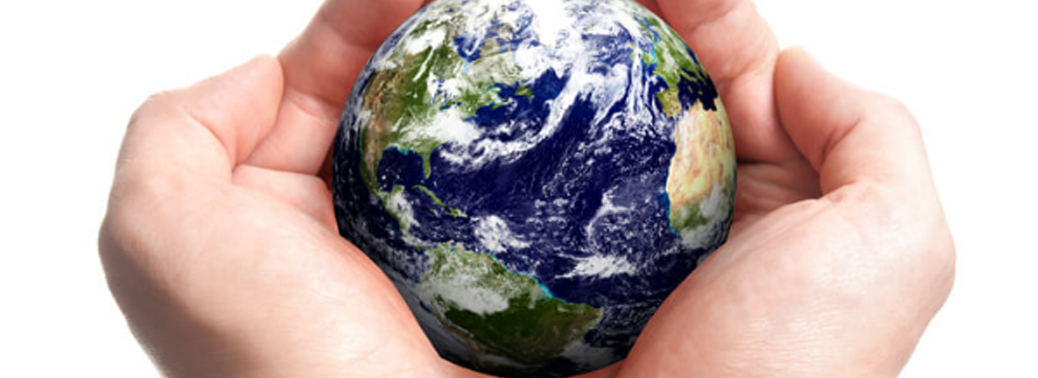
Prelims level : Climate Change and its Impacts
Mains level : GS-III Conservation, Environmental Pollution and Degradation, Environmental Impact Assessment.
Why in News?
- Five Global Risks that have the potential to impact and amplify one another in ways that may cascade to create a global systemic crisis have been listed by “The Future of Earth, 2020”, which was released by the South Asia Future Earth Regional Office, Divecha Centre for Climate Change, Indian Institute of Science.
Highlights:
- The report was prepared with the aim of reducing carbon footprint and halting global warming below 2 degree Celsius by 2050.
- The report, released by K. Kasturirangan, former Chairman, ISRO, lists five global risks:
- Failure of climate change mitigation and adaptation
- Extreme weather events
- Major biodiversity loss and ecosystem collapse
- Food crises
- Water crises
- Offering examples of how the interrelation of risk factors play a role, scientists say extreme heat waves can accelerate global warming by releasing large amounts of stored carbon from affected ecosystems, and at the same time intensify water crises and/or food scarcity.
- The loss of biodiversity also weakens the capacity of natural and agricultural systems to cope with climate extremes, increasing our vulnerability to food crises, they point out.
Politics, Biodiversity and Climate Change:
- It is pointed out that over the last 18 months, major assessments by the Intergovernmental Panel on Climate Change, the US National Climate Assessment, and the Intergovernmental Science-Policy Platform on Biodiversity and Ecosystem Services, have all argued that time is running out to reduce Greenhouse Gas Emissions.
- This has inspired declarations of a climate crisis or climate emergency by the leaders of more than 700 cities, States and governments.
- Yet, during 2019, the concentration of carbon dioxide in the atmosphere reached more than 415 ppm.
- Five years from 2014 to 2018 were the warmest recorded over land and ocean since 1880.
- Right-wing populism, a breed of politics that exploits people’s fears during times of economic decline and growing inequality, and that which focuses on nationalist tendencies to clamp down on borders and reject immigrants is on the rise around the world.
- It is argued that this often leads to a denial of climate change facts or impacts.
- The report highlights that humans have now “significantly altered” 75% of our planet’s land area; about a quarter of species in assessed plant and animal groups are threatened.
- Strains on food production are expected to increase, as a result of various forces including climate change, biodiversity loss, and a global population on the rise.



